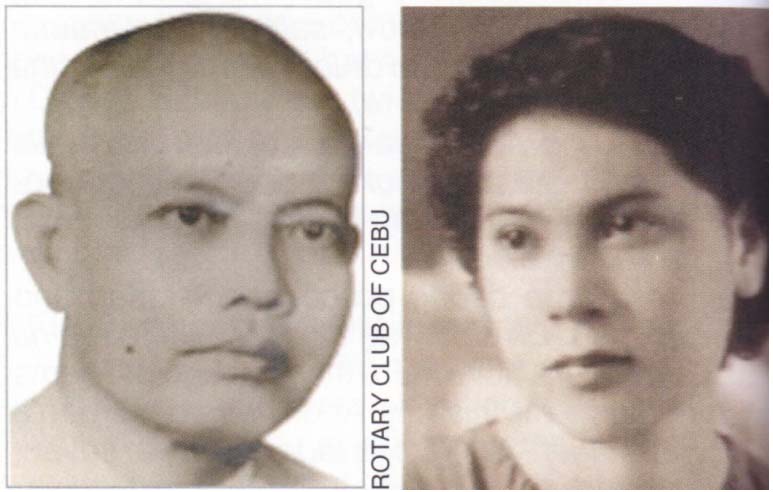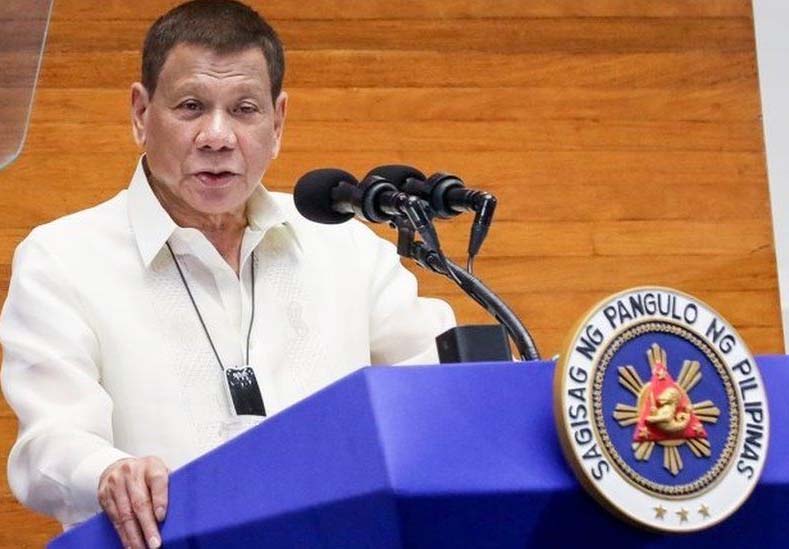Like many Filipinos, the country’s next president, Rodrigo Roa Duterte, is multiracial. In his case, though, Duterte is even more Chinese than President Benigno S. Aquino III.
“My mother is a half-Maranao and half-Chinese. The lineage of incoming president Duterte would be half Cebuano from his father’s side and 25 percent Maranao and 25 percent Chinese,” he said in speech at the 64th commencement exercises of his alma mater, the Lyceum of the Philippines University, last April 23.
Aquino, a fifth-generation descendant of Chinese immigrant Jose Cojuangco I, is 6.25 percent Chinese.
Duterte traces his Chinese ancestry to his mother Soledad, a public school teacher who would witness her son’s quick ascent to the top of Davao’s political ladder until her death on Feb. 4, 2012 at the age of 95.
Duterte was born on March 28, 1945 in Maasin, now the capital of Southern Leyte, to lawyer Vicente G. Duterte, a native of Danao, Cebu, and Soledad Roa, a native of Cabadbaran, now the capital of Agusan del Norte. The Roas have relatives in Leyte. The Dutertes are also related to the Duran and the Almendras political clans.

Soledad taught in public schools in the Visayas and later in Davao where the family built their new home in 1951. Duterte’s father, a former mayor of Danao, initially practiced law but couldn’t resist the lure of Davao politics. When he ran for public office in 1952, Soledad, already a schools supervisor, elected to retire. Vicente was elected governor of Davao in 1965, a position he would hold for six years. Soledad would always be by his side, addressing the social and economic problems of the people, especially out-of-school youth, women, children and persons with disabilities.
A self-confessed mama’s boy, Duterte would, however, follow his father’s footsteps, first as a lawyer and then a politico.
Amred with a bachelor’s degree in political science from the Lyceum of the Philippines in Manila and a law degree from San Beda College of Law, he joined Davao City’s Prosecution Office in 1977. By the time he left in 1986, he was the second assistant city prosecutor.
Duterte had his first taste of Davao City politics when he was named officer-in-charge vice mayor after the 1986 People Power revolution. In 1988, in the first post-Marcos local elections, he ran for mayor and won, serving three consecutive terms until 1998.
Because of the constitutional term limit, he ran for the House of Representatives and represented Davao City’s first district. In 2001, however, he was back as Davao City mayor and would again serve another three terms until 2007. In 2010, again due to term limits, he swapped positions with this daughter Sara Duterte-Carpio, then the vice mayor. In 2013, he retook the Davao City mayoralty, by then serving his seventh term.
On June 30, Rodrigo Roa Duterte will be sworn in as the country’s 16th president, the first Mindanawon to make it to the highest position in the land. Like the Tsinoys who can relate to Duterte because of his Chinese lineage, so can the Muslims because of his Maranao descent, again thanks to his mother Soledad.
Moro Islamic Liberation Front chair Murad Ebrahim called Duterte a “True Son of Mindanao,” citing the Moro blood that flows in his veins. But regardless of his Chinese, Maranao or Cebuano lineage, what is important is Duterte is as Filipino as any Filipino, a product of different races and ethnic groups, and of indigenous, eastern and western civilizations.
We should be proud of our Filipino identity. Mabuhay ang Filipino. — First published in Tulay Fortnightly, Chinese-Filipino Digest 28, no. 24 (May 24-June 20, 2016): 5.





